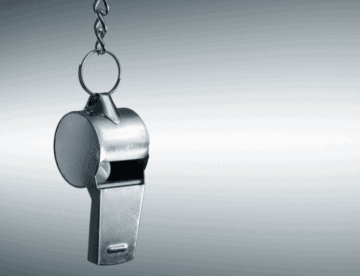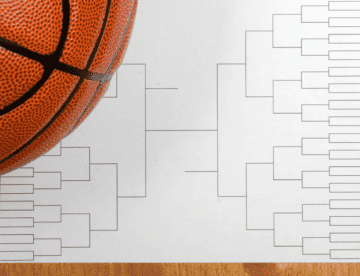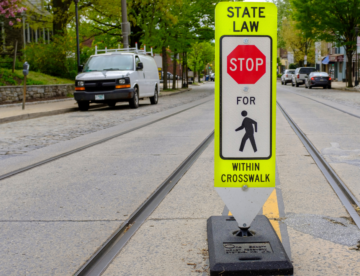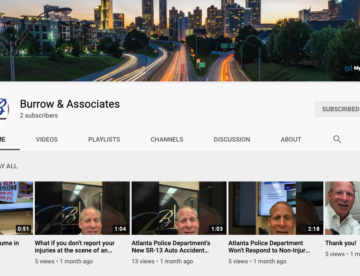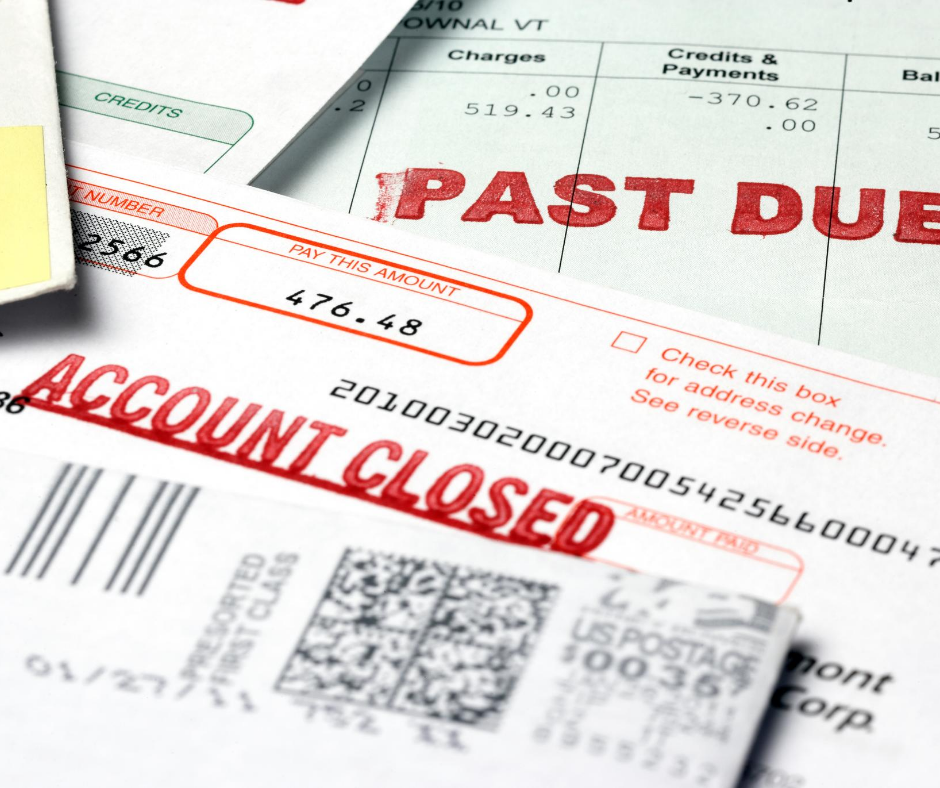
While some people may relate bankruptcy with poor money management, this is simply not true. Individuals with financial hardships may be dealing with unforeseen circumstances such as a serious injury or illness, a divorce, or the loss of a job. Bankruptcy is designed to help you eliminate or pay off your debts while still keeping essential items like your home or your car. It is nothing to be ashamed of. Bankruptcy is a legal, responsible means of helping you restart your financial future.
Debt Collection Lawsuits
A debt collection lawsuit (also called a complaint) is a formal legal proceeding in which a person, company, or other organization attempts to collect its debts from you. The lawsuit can be filed by the original creditor, a debt collection agency, a debt buyer, or other party that has an ownership interest in a debt.
Filing for Chapter 7 or Chapter 13 bankruptcy can help protect you from a debt collection lawsuit. Filing for bankruptcy creates a stay (a legal cease and desist) that will stop the creditors from continuing debt collection activities, including a debt collection lawsuit. It can also help protect you from foreclosures, repossessions, and wage garnishments.
Chapter 7 Bankruptcy
A Chapter 7 bankruptcy is for individuals who are in debt and have little to no disposable income. To qualify for Chapter 7, they must first pass a federally-mandated means test, which evaluates your monthly income and expenses. If your average monthly income for the past six months is below the median income for a household of your size, you will automatically qualify for a Chapter 7 bankruptcy case*. Those who have been out of work or had their income reduced due to the Coronavirus pandemic may qualify for a Chapter 7 bankruptcy.
Chapter 7 can provide relief from credit card balances, unpaid medical bills, unsecured bank loans, and wage garnishment. When you file, the duration of the automatic stay will typically extend for the duration of the case – unless you have prior bankruptcy cases dismissed within the last year or you’re surrendering property.
*If the income is above median, then a longer, more in-depth analysis will be done to determine eligibility.
Chapter 13 Bankruptcy
A Chapter 13 bankruptcy involves the repayment of debts in a structured, court-supervised manner. With Chapter 13, a repayment plan is established, detailing how much you will repay per month during a specified time period (which is typically three to five years). Individuals who file for Chapter 13 are often looking for relief from the stress of constant collection efforts. This type of bankruptcy can halt foreclosure proceedings, prevent the repossession of your car, stop creditor harassment, and allow you time to rebuild your credit.
Bankruptcy vs. Debt Settlement
Unlike bankruptcy, debt settlement is when you negotiate with your creditors to settle (pay off) your debt in a lump-sum payment. Typically, this payment is less than the total amount of money owed. While debt settlement may seem like an appealing alternative to bankruptcy, it is important to note that 1) debt settlement is a business negotiation and not a legal process, 2) the creditors may still file suit against you, and 3) with debt settlements you have no power to force the creditor to work with you.
Have Questions? Call the Bankruptcy Team at Burrow & Associates
For more than 23 years, Burrow & Associates has worked diligently to help Georgia residents file for bankruptcy in a stress-free and judgment-free manner. Our lawyers will meet with you individually to discuss your unique circumstances and the best legal options. Our law firm is committed to helping families avoid debt collection and get a fresh financial start. Please reach out to us at (678) 323-2394 or our online contact form to schedule a free initial consultation. We have six convenient locations in Athens, Conyers, Duluth, Gainesville, Kennesaw, and Morrow. We also offer virtual and socially-distanced meetings.

